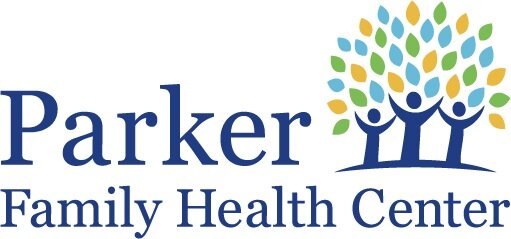June Welcomes Summer
June brings with it summer fun, barbecues, parades, fireworks, lots of sunshine and the Summer Solstice. Many of us have at least one place where we would like to be this summer. It could be the mall, a walk in the park, a favorite vacation spot, or a staycation. June has several notable themes including National Family Month, Father’s Day, Juneteenth, D-Day, Pride Month, National Cancer Survivor’s Day and Flag Day. Enjoy these times with your family while you can. Today’s moments can be tomorrow’s memories.
Summer officially starts with the Summer Solstice on Friday, June 20, 2025. According to the Old Farmer's Almanac, New Jersey is expected to be hot and humid with above-normal temperatures and near-normal rainfall this summer. From January through May of this year, we experienced a wide range of severe weather events, including a major cold wave in January, devastating tornadoes in March and April, and harsh storms and flooding in April and May. La Niña conditions contributed to the overall weather patterns. La Niña refers to the cool phase of the El Niño-Southern Oscillation (ENSO). This is a recurring climate pattern involving temperature changes in the waters of the central and eastern parts of the tropical Pacific Ocean. It's the opposite of El Niño, and both have significant impacts on global weather patterns and climate.
According to the CDC, as of May 16, 2025, seasonal influenza (Flu), COVID, and Respiratory Syncytial Virus (RSV) activity has been low and declining. Mycoplasma pneumonia cases have increased in some areas of the United States. These infections are generally mild and are often referred to as ‘walking pneumonia’. Most people recover with or without medication. Pertussis (whooping cough) cases have been decreasing for the past several months. Whooping cough is very contagious and can spread easily from person to person. Infants younger than one year old are at highest risk of severe disease. The best way to prevent complications from whooping cough is to get vaccinated. Bird Flu (avian flu) is widespread in wild birds worldwide and is causing outbreaks in poultry and U.S. dairy cows with several recent human cases in U.S. dairy and poultry workers. There is no known person-to-person spread, and the CDC still considers the health risk for the general US public to be low. Although we are better off than we were last year, don’t forget to observe social distancing, wash hands, wear masks and/or gloves when appropriate.
Artificial intelligence (AI) is changing many areas of our world. In the field of medicine, it can offer improved diagnoses, personalized treatments, and enhanced patient care. It can analyze vast amounts of data, identify patterns we might miss, and even assist with tasks like remote patient monitoring and robotic surgery. AI can also help with research and clinical trials. Although AI has the potential to help fix many of healthcare's biggest problems, will we be able to adequately control AI systems (remember “The Terminator”)? While there is probably little chance of Al replacing medical professionals in the near future, those of us who use AI will most likely do better than those who do not. About a month ago, I saw a patient at the Parker Family Health Center who had a skin lesion on his torso. I sent a few pictures of it to a Dermatology App which identified it as a benign lesion. Just to be sure, I had a Dermatologist friend of mine confirm that it was benign. Score One for AI.
Make sure that you and your family follow the usual summer safety tips, drink plenty of water, use sunscreen and insect repellent. Get out and appreciate the warmer weather and sunny skies. Eat properly, drink responsibly and exercise. We have all been through a lot, and we all deserve a break.
Have a happy, safe and healthy summer.
The natural healing force in each one of us is the greatest force in getting well - Hippocrates
James McGuinness, M.D., is a family physician in Middletown, and is the Medical Director Emeritus at the Parker Family Health Center in Red Bank

